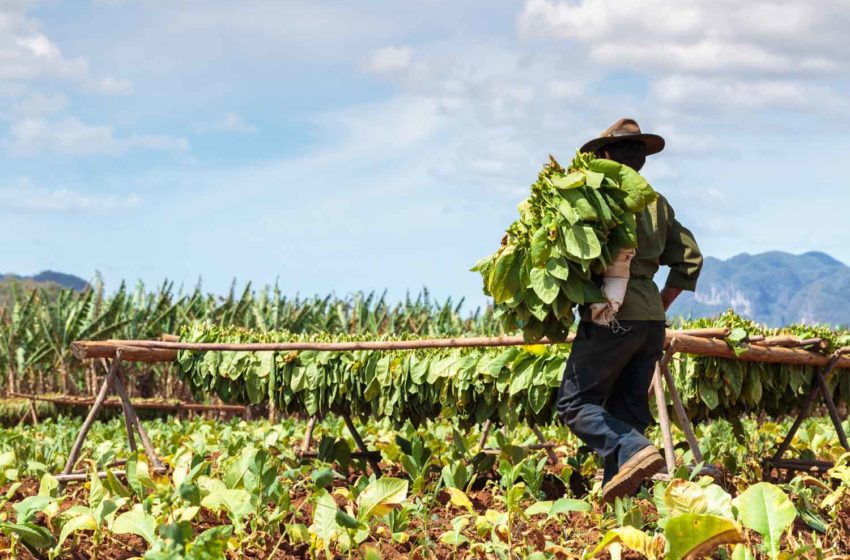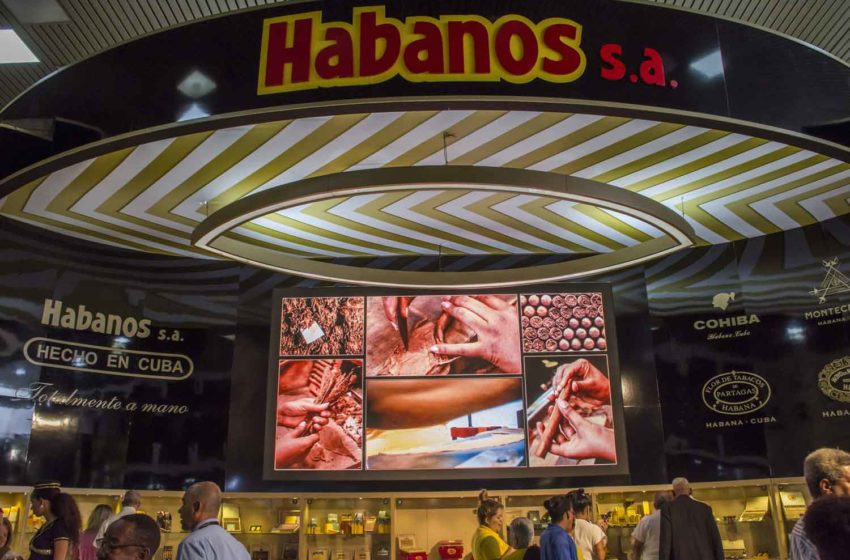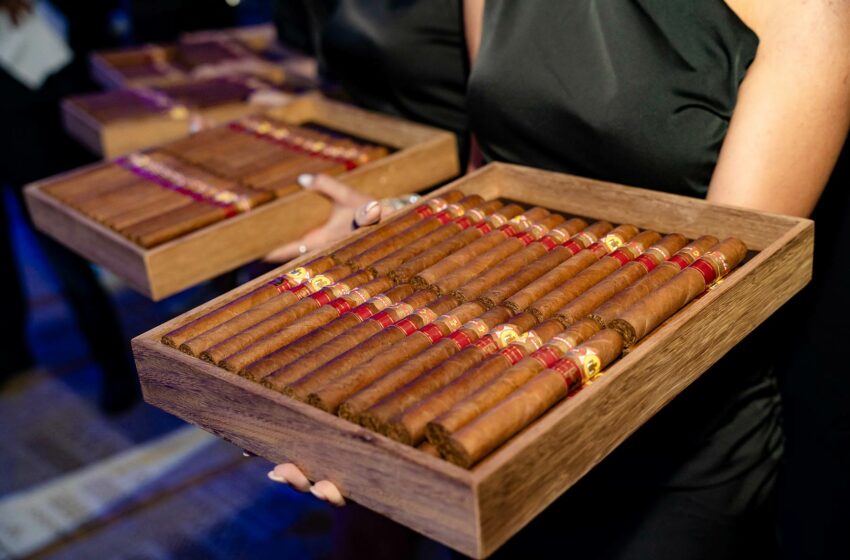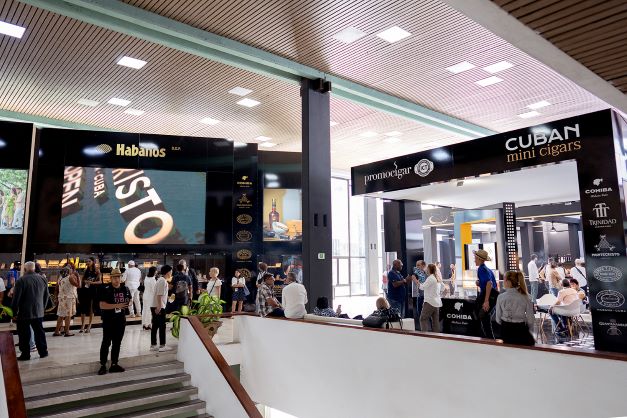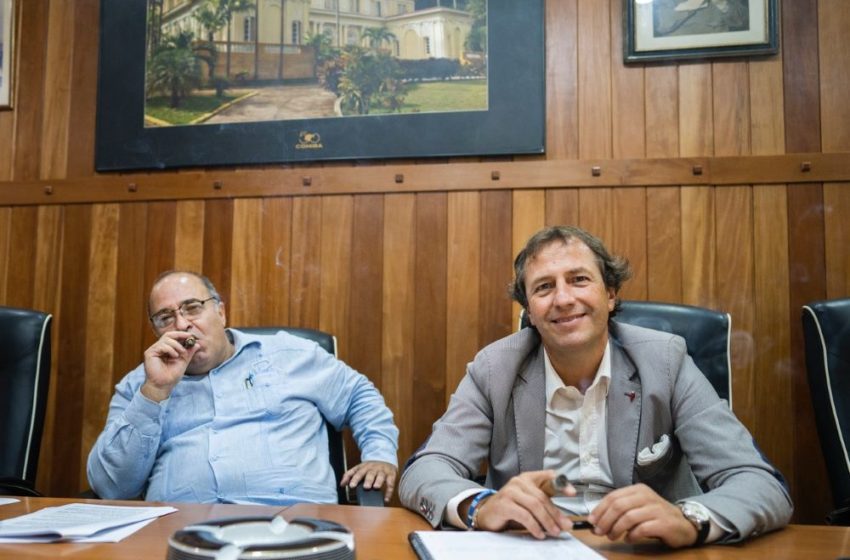The measures will allow entrepreneurs to access U.S. bank accounts online.Read More
Tags :Cuban cigars
The registration period for the festival will be open from January 30th to February 12th. Read More
All tobacco export factories should have renewable energy sources in the first half of 2024. Read More
The series will be on sale exclusively at La Casa del Habano franchise stores.Read More
The 24th edition of the event will take place in Havana Feb. 26 - March 1, 2024.Read More
The Cuban cigar industry is flourishing despite several challenges, including weather and factory staffing.Read More
The company's largest markets are Spain, France, Germany, China and Switzerland.Read More
Habanos and its partners remain committed to boosting the global reputation of all Cuban cigar brands.Read More
